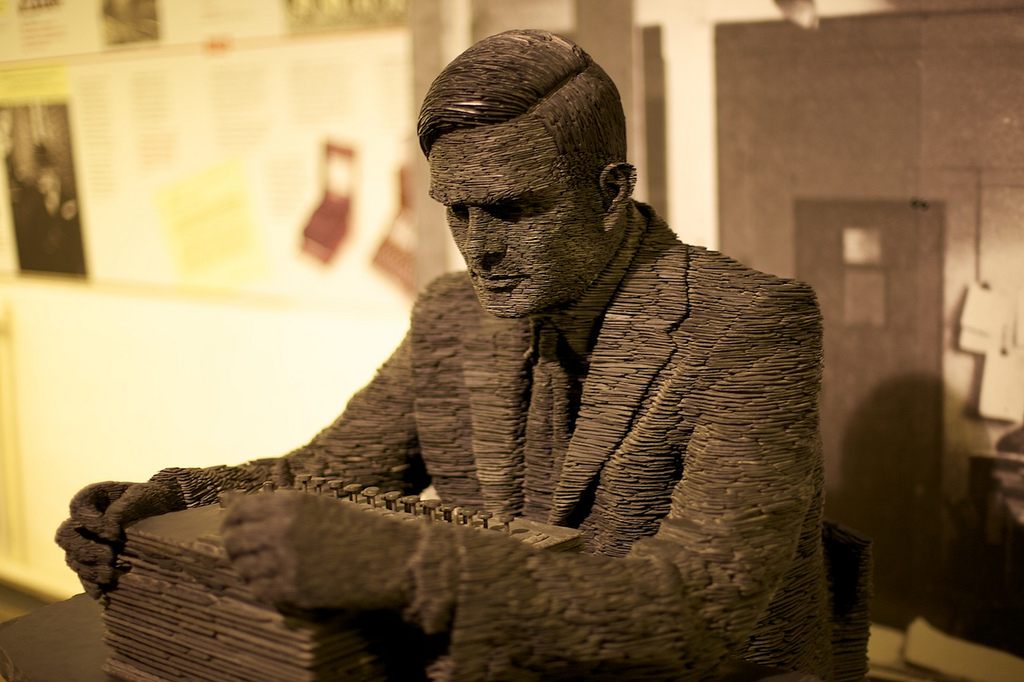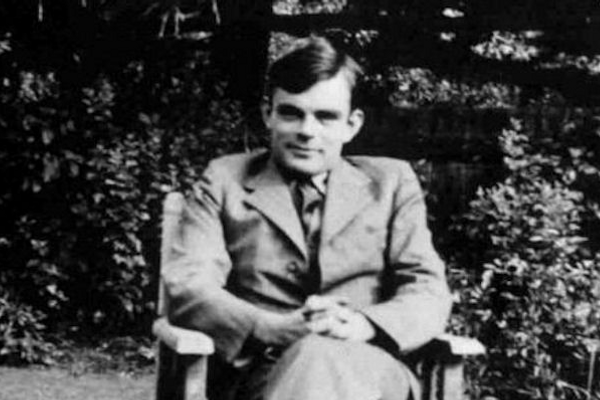Alan Turing in a Newly Discovered Letter: ‘I Detest America’
The father of modern computing had no intention of attending a conference in the United States.

Pioneering codebreaker and father of modern computing Alan Turing was a complicated, inscrutable, and, in many ways, mysterious man. But recently discovered letters reflect very clearly his opinion of the United States of America: He wasn’t a fan.
According to a press release from the University of Manchester (where he did much of his ground-breaking work), computer science professor Jim Miles was reorganizing a storeroom back in May when he came across a folder containing almost 150 previously unseen letters and other pieces of Turing’s writings. “When I first found it I initially thought, ‘That can’t be what I think it is,’ but a quick inspection showed it was, a file of old letters and correspondence, by Alan Turing,” Miles said.
While not as illuminating as the personal letters that were discovered in 2015, which shed light on Turing’s tragic struggles with his sexuality, the new finds do offer some insight into the genius thinker’s twilight. Dating to the last six years of his life, 1949 to 1954, the writings are rather banal pieces of ephemera, such as offers to lecture at American universities and a handwritten radio program about artificial intelligence for the BBC. As the University of Manchester points out, though the artifacts are fairly business focused, they do reveal some small glimpses into Turing’s opinions.
Maybe the most sensational example is contained in a response to a 1953 conference invitation from the United States. Turing simply replied, “I would not like the journey, and I detest America.” Fair enough. Turing had spent four months in America in 1942 a liaison between U.S. and British cryptanalysts. Unsurprisingly, his opinion of Americans and their work wasn’t glowing then either.
Sadly, Turing died in 1954 of an apparent suicide—an apple laced with cyanide—just a year after expressing that opinion about America. As the one university archivist said, “The letters mostly confirm what is already known about Turing’s work at Manchester, but they do add an extra dimension to our understanding of the man himself and his research.”








Follow us on Twitter to get the latest on the world's hidden wonders.
Like us on Facebook to get the latest on the world's hidden wonders.
Follow us on Twitter Like us on Facebook